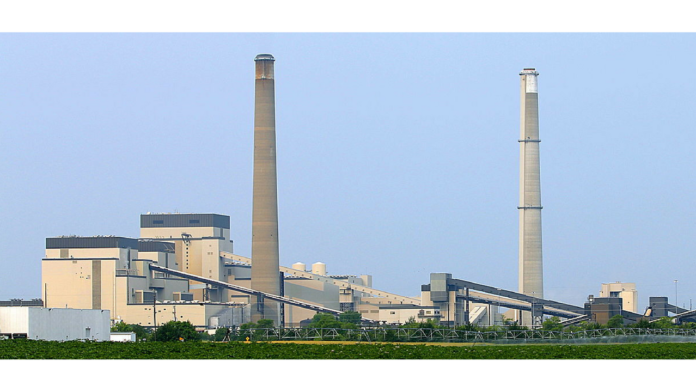ST. PAUL, Minn. – Last week, in an attempt to quantify the costs of climate change, Minnesota utility regulators voted to substantially increase the “social cost” of carbon dioxide emissions from power plants.
In a 3-2 vote, the Minnesota Public Utilities Commission (PUC) raised the cost of carbon emissions to $9.05 to $43.06 per short ton of emissions by 2020. The current level, which was set two decades ago, is $0.44 to $4.53 per short ton of emissions. The two commissioners who voted against the measure wanted a more dramatic increase of of $12.30 to $63.56 per ton.
The sharp increase directly impacts utilities looking at opening new power plants, however, consumers are not immune to the rise in the cost of energy. Dan Lipschultz, the PUC commissioner who proposed the new cost range, told the Star Tribune the increase would “in all likelihood” see in increase in their energy bills.
“That’s a dramatic and I think appropriate increase in the value for CO2,” said Lipschultz told the Star Tribune. “As far as I know, we are the only state in the country to adopt CO2 values comprehensively for [utilities’] resource planning.”
The proposal adopted by the PUC took into consideration the federal social cost of carbon. In 2010, Interagency Working Group established a social cost of carbon measurement for federal agencies to use in resource planning and policy making. However, back in March, President Donald Trump signed an executive order suspending the use of a social cost of carbon measurement in federal planning.
Despite federal opposition to the measurement standard, Minnesota joins a few states which integrate the federal social cost of carbon into utilities’ resource planning. In May, Colorado regulators set carbon emission costs for Xcel Energy at the recommended federal level. New York and Illinois have also used federal social cost of carbon standards while crafting state nuclear subsidies.











